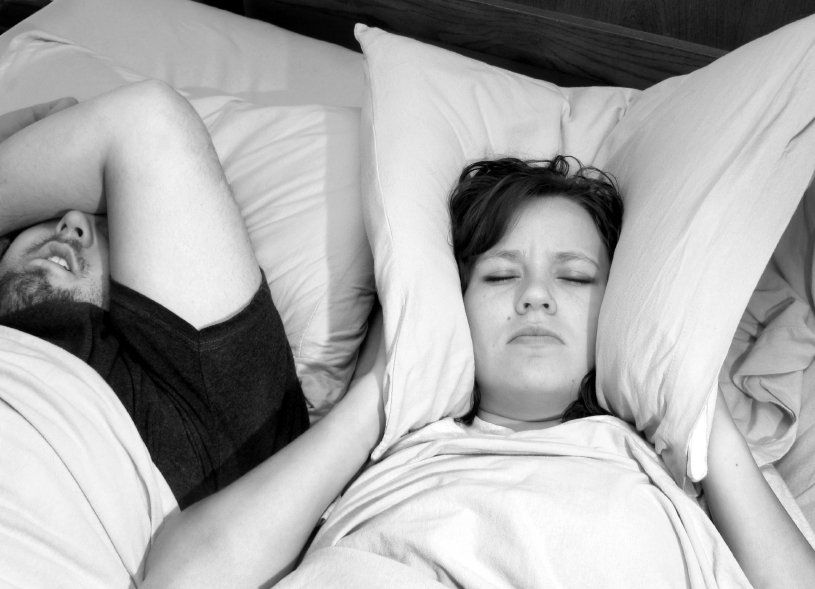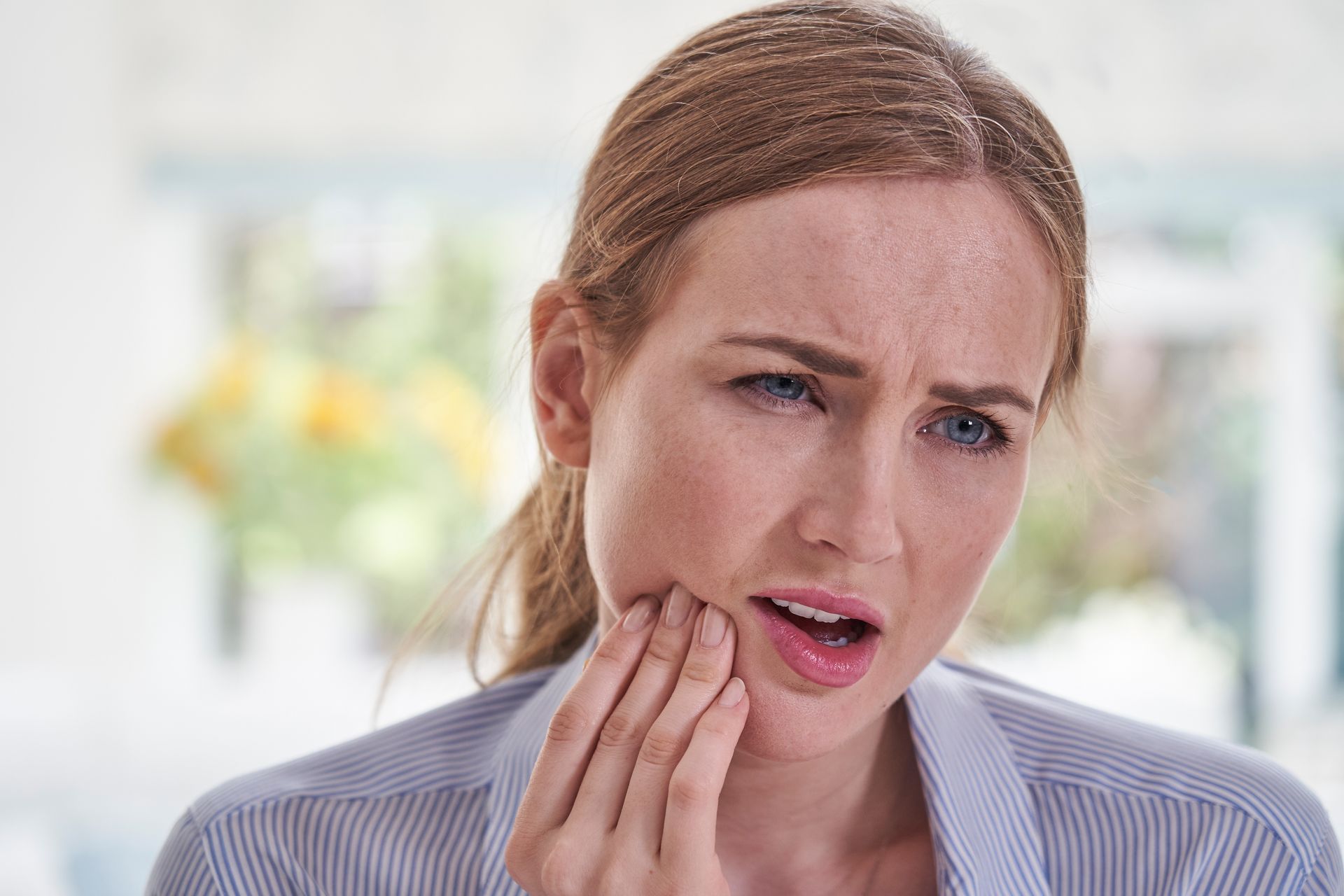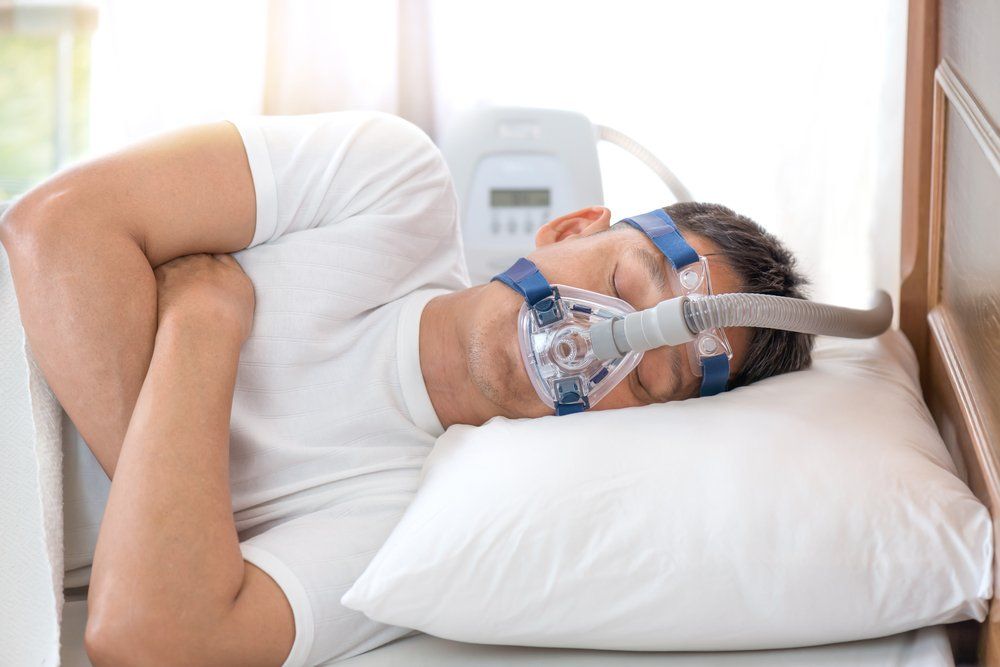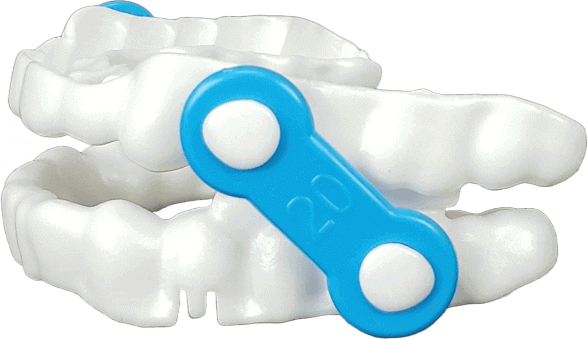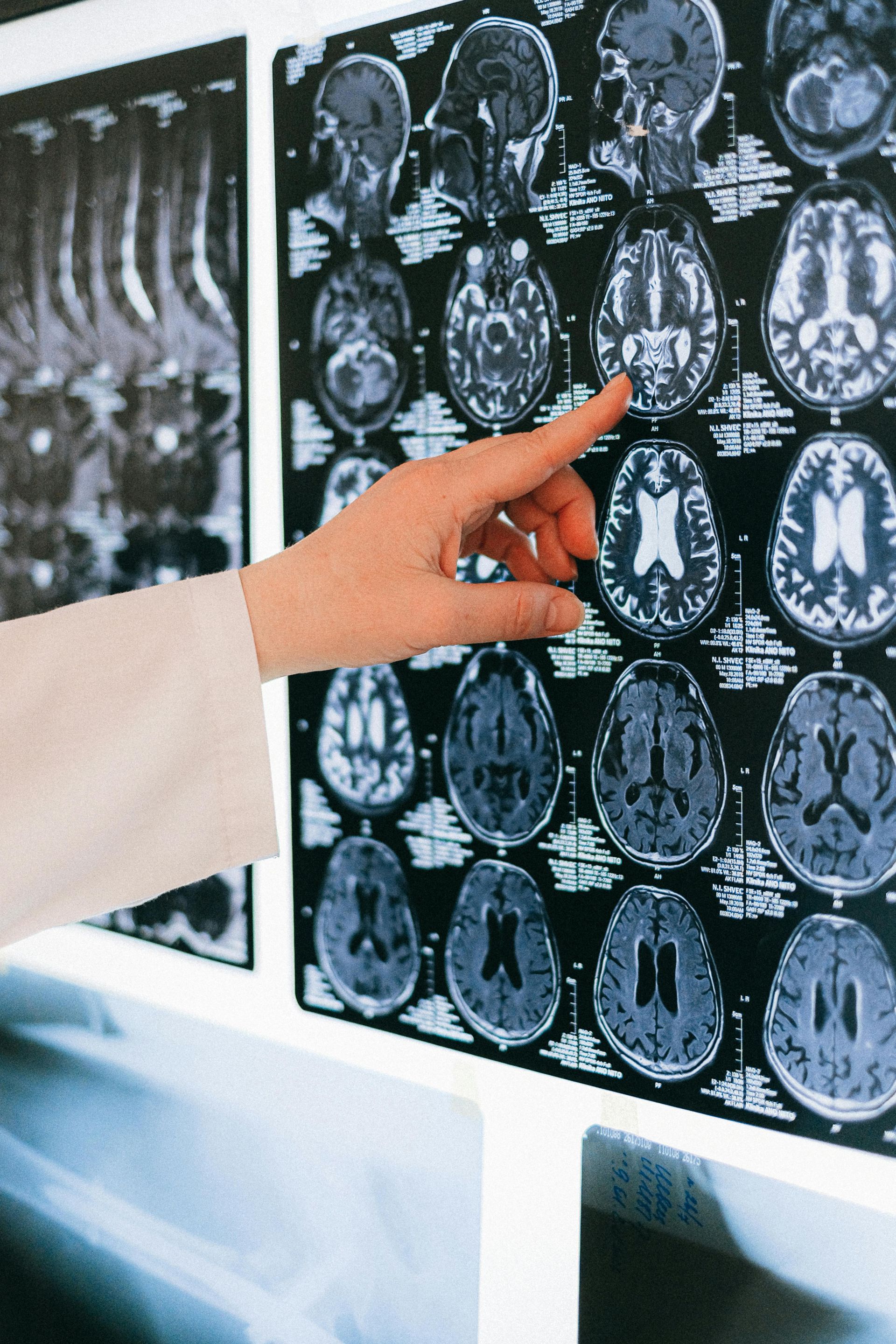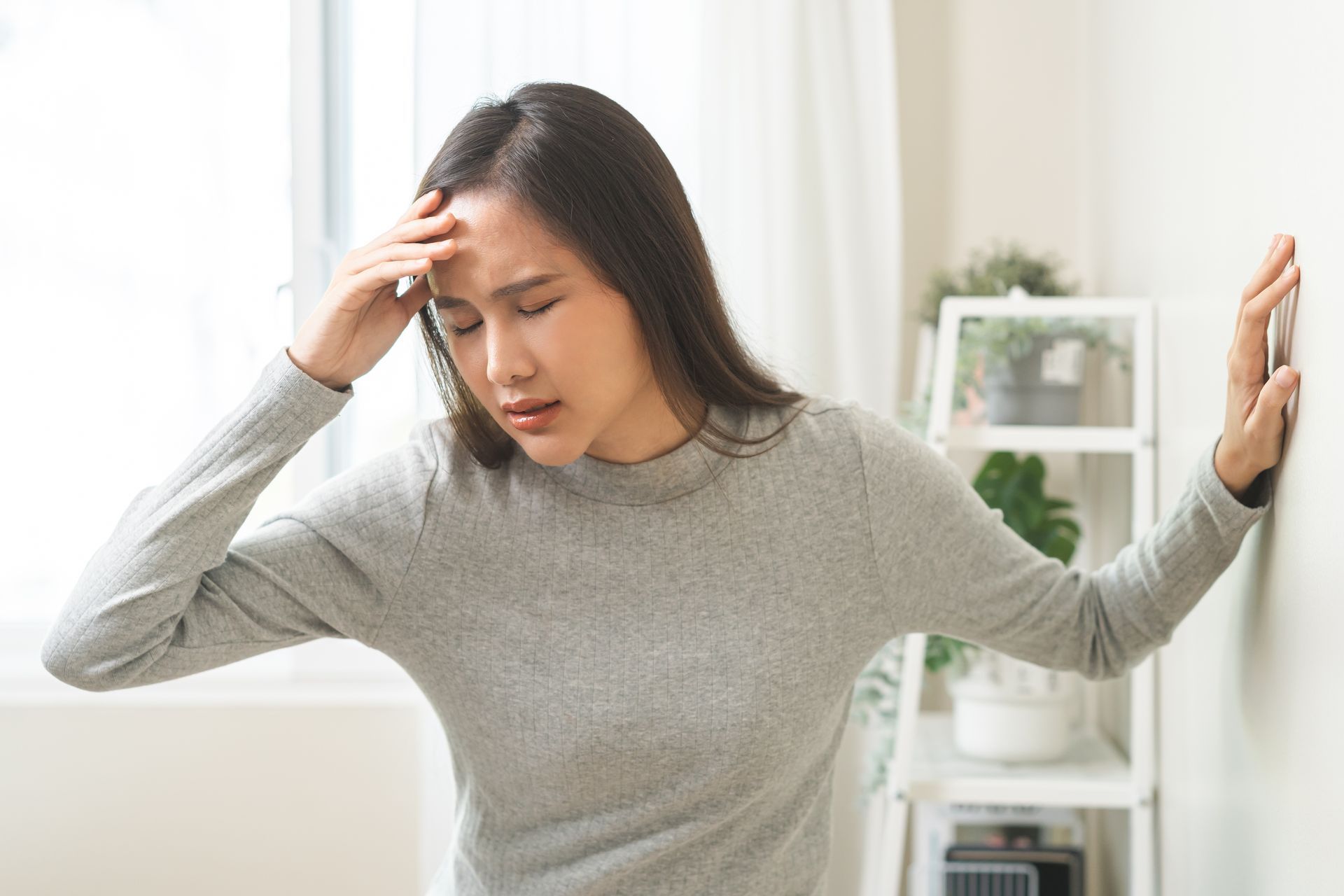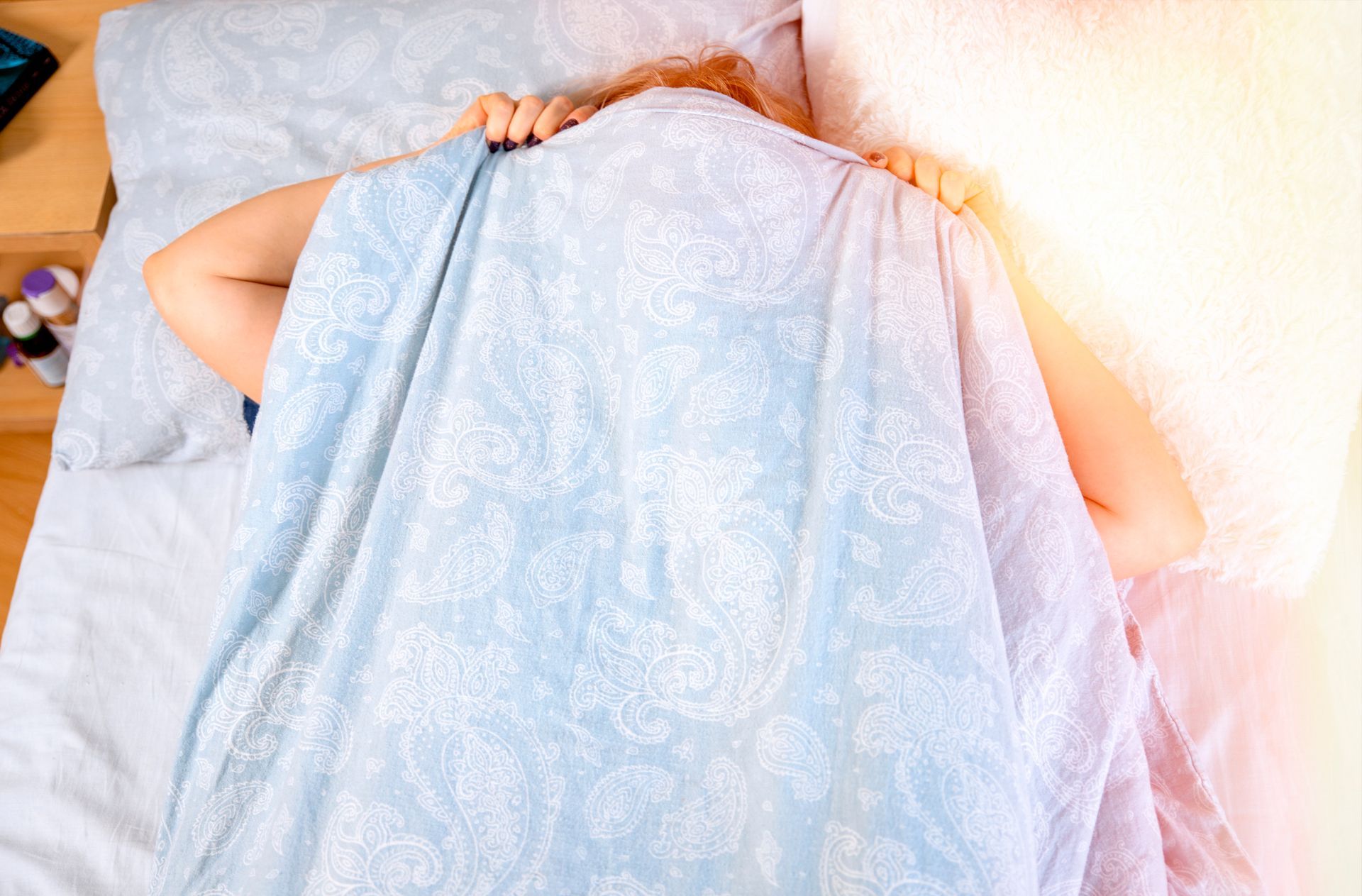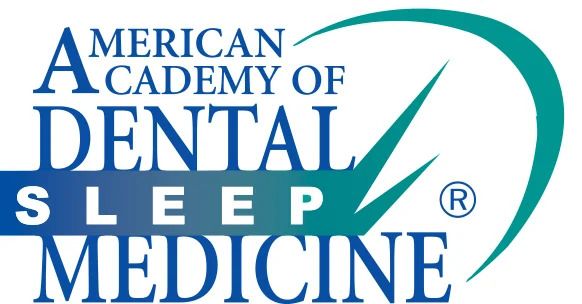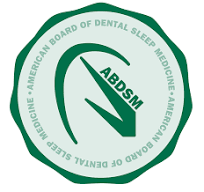What Are The Real Causes of Snoring?
While snoring may seem harmless, albeit irritating, it may point towards an underlying issue. It’s important to assess what could be the culprit for snoring because you can then find a treatable, effective solution to help you stop snoring. Find out more below.
What Causes Snoring?
There are many factors that can cause someone to snore. The sooner you discover what causes your snoring, the sooner you can get treatment for it and hopefully stop snoring. This is not only ideal for you and the quality of sleep you get, but it is also the better solution for your bed partner, who likely gets poorer sleep as a result of a loved one’s sleep disorder such as snoring and sleep apnea. Some causes for snoring include:
- Mouth anatomy - Some people have extra tissue at the back of their throat, which can interfere with airflow and cause snoring to occur.
- Nose anatomy - If you have a deviated septum, there is a crooked piece of cartilage dividing your two nostrils. This piece of cartilage not only leads someone to have difficulty breathing out of one or both nostrils, but it also makes them more likely to snore during the night. People with a deviated septum often have difficulty sleeping and are also prone to developing another sleeping disorder called sleep apnea.
Other nasal problems can lead to snoring. Medical concerns such as sinusitis, nasal polyps, and allergies can cause sinus congestion, which makes breathing difficult. If someone struggles to breathe properly during the day as a result of these impairments, their nighttime breathing will also be irregular. The best way to treat snoring that results from these conditions is to first treat the conditions to determine if the snoring persists.
- An excess of deep sleep - When you enter the deep sleep phase at night, the muscles of your tongue, the soft palate, and the throat relax. If they relax enough, they can block part of your airway. When these muscles block the airway entirely, someone develops sleep apnea and cannot breathe for periods of time as they sleep. However, when the airway is partially blocked, the air that does travel through that part of the body causes tissue vibration, which we hear as snoring. Ideally, someone should get around 7 to 8 hours of rest each night, meaning they should spend between 60 and 90 nightly minutes in deep sleep. Any more deep sleep can lead to snoring. Too much deep sleep can also cause other medical concerns, which your doctor will aim to address.
- Alcohol - Substances such as alcohol are considered sedatives, which means they serve to relax many parts of the body. While this is part of alcohol’s appeal, this relaxation causes overly movable throat muscles. When these collapse only part of the way, they obstruct portions of the airway and lead to tissue vibration. When they block nearly all of the airway, they cause someone to stop breathing as they sleep, which is called sleep apnea. As you can see, chronic alcohol use can contribute to several sleep disorders.
- Sleeping position - Certain sleep positions can lead to snoring, more often and sometimes more loudly. One sleep position is known to be better for snoring than others, and that is sleeping on your side. This posture prevents compression of the muscles in the neck and throat, which is an ideal way to reduce snoring. Sleeping on the back is known as one of the worst positions for not only snoring, but also sleep apnea. This position encourages too much relaxation of the muscles surrounding the airway (including the tongue and the soft palate), which causes them to collapse and block someone’s breathing.
What Increases the Chances of Snoring?
Several factors can increase someone’s likelihood of snoring. Potential factors related to snoring include:
- Weight gain - Individuals who are obese experience poor circulation and fat deposits around the muscles of the neck and throat. These deposits further encourage partial blockage of the airway, which contributes to the tissue vibration that causes snoring.
- Mouth anatomy - If someone has a prominent uvula (small piece of tissue at the end of the soft palate), this is more likely to cause a partial throat blockage when the soft palate relaxes. The same goes for other structures in the mouth – if they are larger than they are in other people or even weaker, they will cause a problem when they relax.
- Sleep deprivation - We mentioned earlier that too much deep sleep can cause someone to snore. One of the times when we get an excess of deep sleep (and more sleep in other cycles) is when we are sleep deprived and trying to catch up on rest. This disrupted sleep disturbs our sleep-wake cycles and changes the quality of rest that our bodies get.
- Obstructive sleep apnea - Many, but not all, individuals who frequently snore are also living with sleep apnea. It’s important to know that taking an over-the-counter medication to reduce snoring will not treat the underlying cause, if that cause is sleep apnea. This is just one more reason that accurate diagnosis of any sleeping disorder is the key to effective treatment for that condition.
Who Is At Risk?
Everyone is at risk of snoring. All age groups can be affected. However, some groups are more likely to snore than others. For example, research suggests that 40 percent of men are habitual snorers, versus only 24 percent of women.
Overweight men and women are both more likely to snore. Likewise, people who drink alcohol frequently are more prone to snoring. Some people also suffer from structural defects and some may have a hereditary disposition.
It’s important to talk to a specialist if you fall into one of these high-risk categories.
How You Could Reduce Snoring
There are many effective treatments that can be used to help patients stop snoring. In some cases, treatment is simple and noninvasive. In other cases, you may have to undergo surgeries or use medical devices.
Let’s look at some potential treatment options:
- Changing sleep positions - Sleeping on the side may reduce snoring for some patients.
- Weight loss - If you’re overweight, losing weight may reduce or eliminate snoring.
- Surgery - Surgical procedures can be used to correct physical problems or remove excess tissue.
- Steroid nasal spray - Nasal sprays with steroids are sometimes prescribed to reduce inflammation in the throat.
- CPAP Machine - This machine involves the use of continuous positive airway pressure to keep airways open while someone sleeps.
- Oral Appliance Therapy - A mandibular advancement device, also known as a mouth guard, is often used to bring the jaw forward. This ensures the back of the mouth remains open and the airway does not become blocked as you sleep.
- Throat exercises - People with mild instances of snoring might be helped by throat exercises to strengthen the muscles in the throat, mouth, and neck. This aims to tone these muscles and keep them in place as you sleep.
- Avoiding muscle relaxants - Muscle relaxers do just as they say: relax the muscles of the body. This can be helpful for acute and even chronic pain. But these medications can worsen snoring and sleep apnea by further relaxing muscles in the throat and neck that are already prone to collapsing.
There are several other ways to treat snoring. However, each treatment plan should be devised on a case-by-case basis. Since snoring can be caused by a wide range of factors, it’s important to first diagnose the underlying cause.
Frequently Asked Questions
Patients frequently have questions about snoring. Check out some of the most common questions below.
How to stop snoring immediately?
Your best bet is to consult with a specialist. Sleeping on your side may help and could reduce risk factors.
How to prevent snoring?
By maintaining a healthy weight and avoiding drinking, you may be able to prevent snoring.
Does snoring mean you have sleep apnea?
No. However, snoring is one of the most common symptoms of sleep apnea. Further, you can have sleep apnea without snoring. If you’re experiencing symptoms of sleep apnea you should consult a sleep professional. Determining whether you have primary snoring or sleep apnea is important distinction that can only be determined by a sleep study.
Can you snore while sleeping on your side?
Yes, while many patients report that their snoring is reduced if they sleep on their sides, snoring can occur in any position.
Have another question? Get in touch!
How to Treat Your Snoring
At REstore TMJ and Sleep, we provide a range of effective treatments for sleeping disorders such as snoring, sleep apnea, and temporomandibular joint disorder (TMJ disorder or TMD). We use a range of comprehensive methods to find the root cause of your snoring and get it under control. Depending on your circumstances, you might benefit from an oral appliance, the use of a CPAP machine, or consultation regarding lifestyle changes that can help your snoring.
The first step is to determine what is causing your snoring. Either and in-lab or at-home sleep study is necessary to diagnose the underlying issue as primary snoring or obstructive sleep apnea.
If you’re interested in learning how to reduce the impact snoring has on your life (and the life of your sleeping partner),
contact us for more information.
Need Help Getting Your Snoring Under Control?
Snoring may be disrupting both you and your loved ones’ sleeping cycles. This, in turn, could leave you more irritable and less energetic during the day. Snoring may also be linked to more serious conditions, like sleep apnea. Fortunately, you can
contact Dr. Phillips and receive the right diagnosis and treatment plan.
-2700x842-1920w.png)




